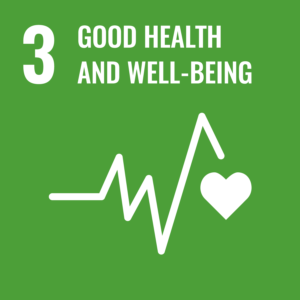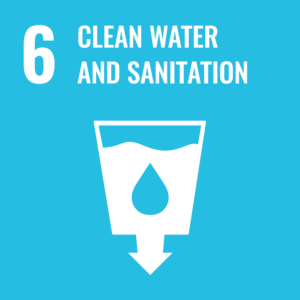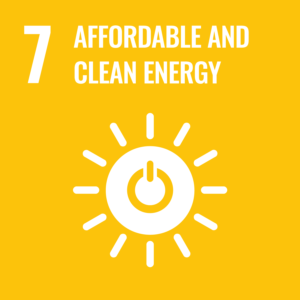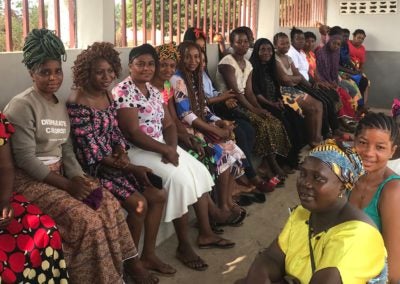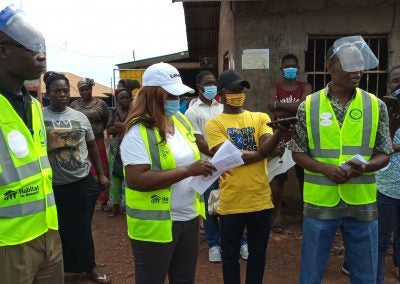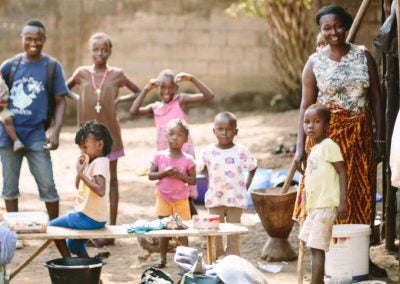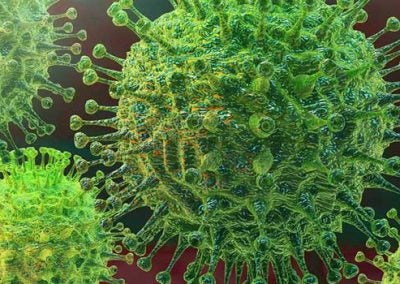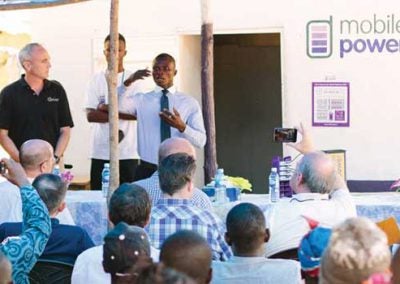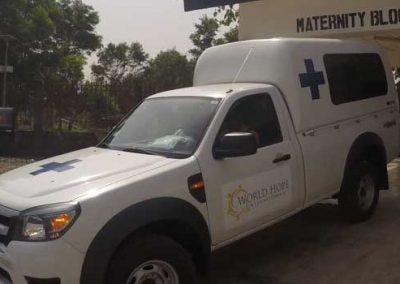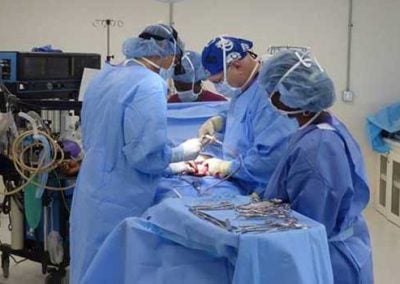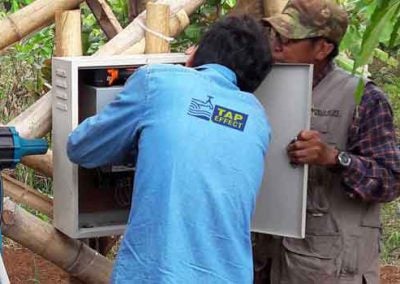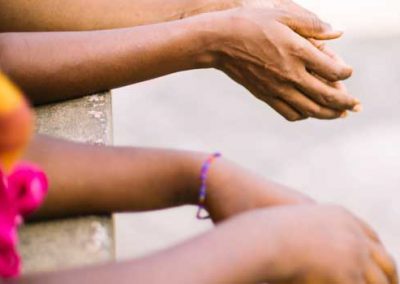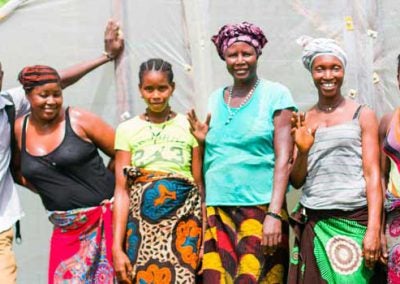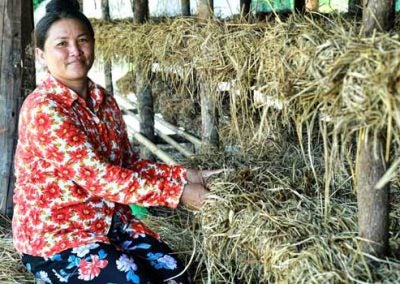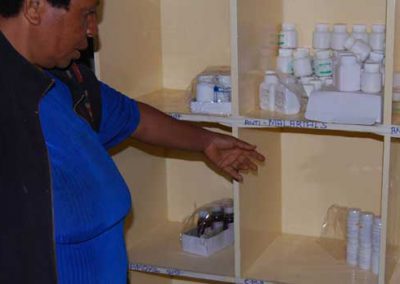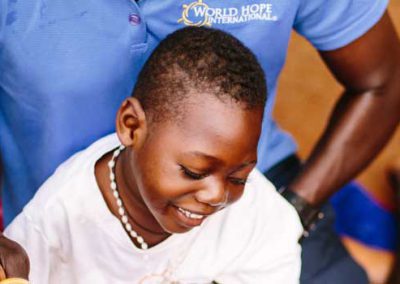Hopital Wesleyen de La Gonâve
Building hope and health in Haiti and ensuring the reliability and sustainability of the only hospital on La Gonâve.
Project Information
Health & Hope in Haiti
On an island with 100,000+ people who have no other access to the kind of medical resources the hospital provides, La Gonâve Wesleyen Hospital has a mantra of never turning anyone away. Residents would have to take a 12 mile trip across the sea in unsafe boats followed by at least 2 hours overland by bus or taxi (if affordable) to a hospital that may or may not receive them—and that’s if they were able to pay to get off the island in the first place.
Since its founding in 1948 by the Wesleyan Mission, the hospital has provided basic health services through resident medical staff and visiting teams of specialists. La Gonâve Wesleyen Hospital is a faith-based hospital dedicated to caring for the sick, promoting preventative medicine, and training caregivers and technicians. It provides life-saving medical care to the residents of Anse-à-Galets and the surrounding region.
That’s why World Hope International has partnered with La Gonâve Wesleyen Hospital. Together, we are building a healthcare system that is sustainable, equitable, and serviceable for the community of La Gonâve, Haiti.
Project Goals
- Connect hospital to reliable, clean water
- Upgrade hospital’s solar power system
- Develop a strategic 5-year plan
Expected Outcomes
- Energy independence for at least the next 10 years
- Eliminate the carbon footprint almost entirely
- Improved hospital capacity
- Reliably serve the population of LaGonâve
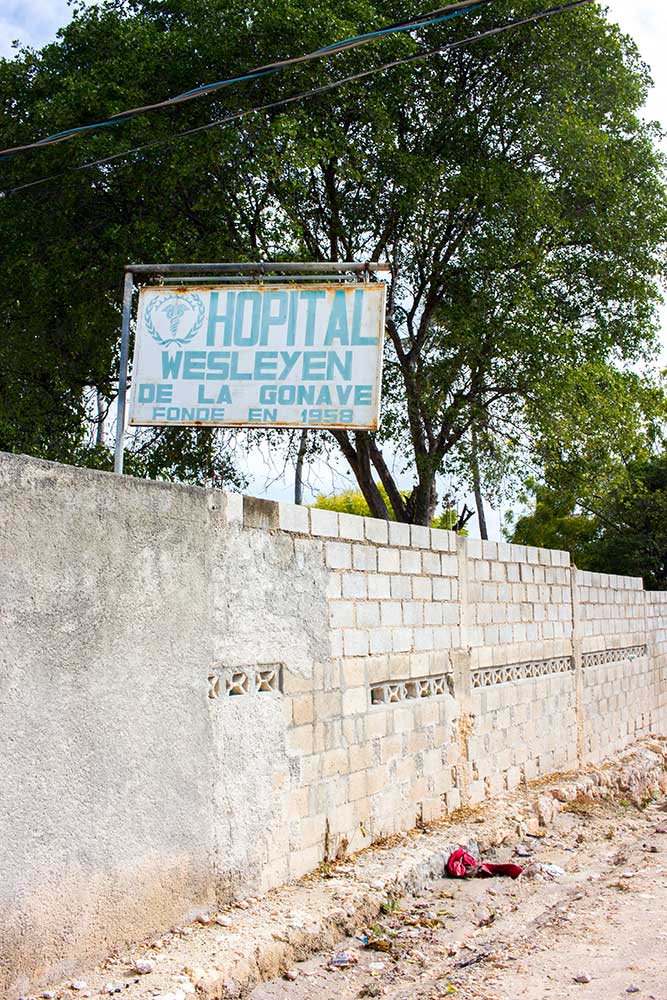
Partnering to ensure inclusive access to health and nutrition services
Solar-Powered Upgrade
Remotely located without access to Electricité d’Haïti’s utility power, the hospital was reliant on a diesel generator for power, which is expensive and has the additional challenge of requiring a reliable fuel supply. The hospital, however, was an ideal candidate for an off-grid solar microgrid where a large percentage of power is provided by solar panels and backup power is provided by a generator during high periods of use or low periods of solar energy.
That’s why, in partnership with Build Health International, World Hope International installed a hybrid PV solar energy system, including photovoltaic panels, inverters, and storage batteries, along with AC and electrical infrastructure upgrades. Now, the hospital can continue to fulfill its mantra of never turning anyone away – without the question. of having enough power to support its operations.
Reliable Clean Water
Because a hospital can hardly function without reliable clean water and, without clean water, people will continuously suffer from water-borne illnesses or struggle with health issues like dehydration, World Hope International partnered with the GivePower Foundation to invest in and launch a solar-powered clean water desalination and bottling plant on the island.
Based right in Anse-à-Galets, the facility not only provides the residents with sufficient safe, clean water during the dry season but also ensures that the hospital has reliable clean water for all purposes. The GivePower Solar Water Farm implementation also included training on the maintenance and management of the project, ensuring its sustainability, as well as a community training to help residents learn the importance of using clean water and the dangers of consuming unsanitary or brackish water.
5-Year Strategic Plan
Looking to the future, World Hope International assembled a team of healthcare professionals, architects, and consultants to design and implement a strategic clinical and facility masterplan for the hospital. The strategic plan covers the next 5 years, guiding the hospital administration, Board, and other stakeholders. This study, due in September 2021, and accompanying recommendations are expected to result in improved functionality at the hospital, an improved hospital campus and facilities, increased medical capacity, and efficient operational practices.
How it works
World Hope International has worked in Haiti for decades, implementing projects such as solar-powered water desalination systems, ice manufacturing, sustainable agriculture, HIV/AIDS education, and access to quality education. Today, World Hope International is taking a systematic approach to health systems strengthening on La Gonâve, partnering with organizations like GivePower and Build Health International to ensure that inclusive access to health and nutrition services on the island isn’t held back because of lack of capacity or vital infrastructure.
The hospital’s primary competencies include: general practice; emergency services; maternal care and delivery; pediatrics; diagnostics, radiology, and laboratory services; and infectious disease. It is currently tasked by the Ministry of Public Health and Population to respond to COVID-19 on the island.

